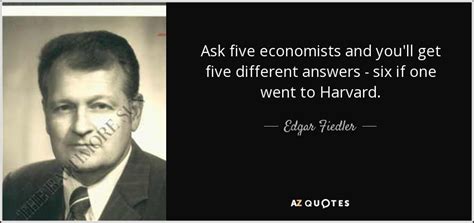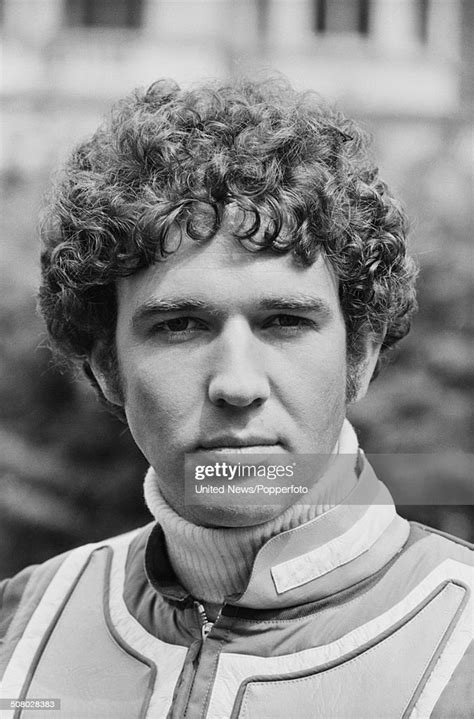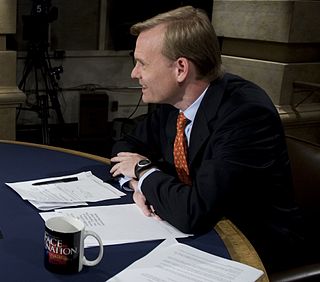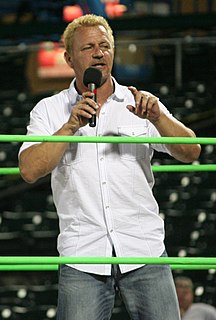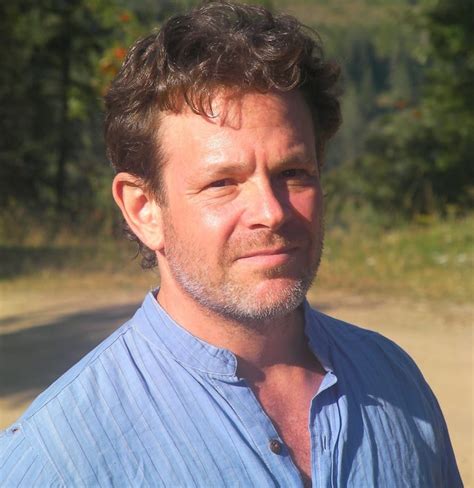A Quote by Edgar Fiedler
For economist the real world is often a special case.
Quote Topics
Related Quotes
The future is unwritten. there are best case scenarios. There are worst-case scenarios. both of them are great fun to write about if you' re a science fiction novelist, but neither of them ever happens in the real world. What happens in the real world is always a sideways-case scenario. World-changing marvels to us, are only wallpaper to our children.
..the real world's all we've got. Believers in the supernatural claim to have special wisdom about the world. But real wisdom means knowing truth from falsehood, knowing the difference between evidence and wishful thinking. Yes, the real world is mysterious and sometimes frightening. But would the supernatural make it better? The real world has beauty, poetry, love and the joy of honest discovery. Isn't that enough?
There is this trouble about special providences namely, there is so often a doubt as to which party was intended to be the beneficiary. In the case of the children, the bears, and the prophet, the bears got more real satisfaction out of the episode than the prophet did, because they got the children.
The bad economist sees only what immediately strikes the eye; the good economist also looks beyond. The bad economist sees only the direct consequences of a proposed course; the good economist looks also at the longer and indirect consequences. The bad economists sees only what the effect of a given policy has been or will be on one particular group; the good economist inquires also what the effect of the policy will be on all groups
I have told somebody in court that 'I understand yours is the most important case in the world, and I'm trying to treat it as the most important case in the world, but five minutes from now I'm going to be dealing with the next person's most important case in the world.' For every litigant, theirs is the most important case.
I think architecture could be understood as the construction of realities, or the construction of worlds. One of the reasons why architects are often attracted to philosophers, partially, has to do with making sense of the world around us as well as the making of worlds, and in our case, the realities we create can be as real as concrete. These kinds of ideas, of wild imagination, go into the question of how you make a world.
According to the management expert Peter F. Drucker, the term "entrepreneur" (from the French, meaning "one who takes into hand") was introduced two centuries ago by the French economist Jean-Baptiste Say to characterize a special economic actor-not someone who simply opens a business, but someone who "shifts economic resources out of an area of lower and into an area of higher productivity and greater yield." The twentieth-century growth economist Joseph A. Schumpeter characterized the entrepreneur as the source of the "creative destruction" necessary for major economic advances.
